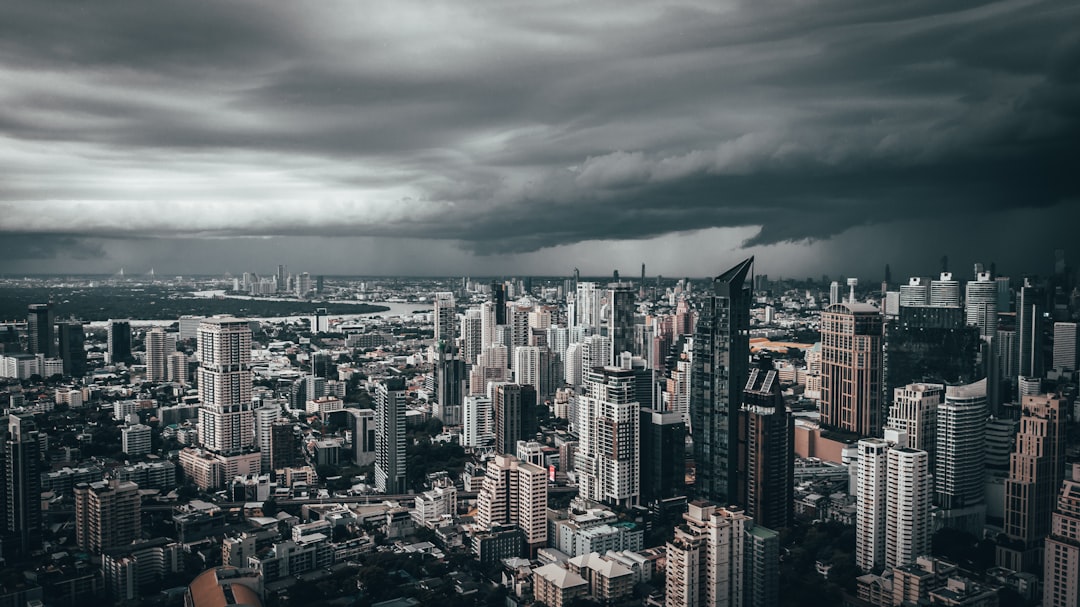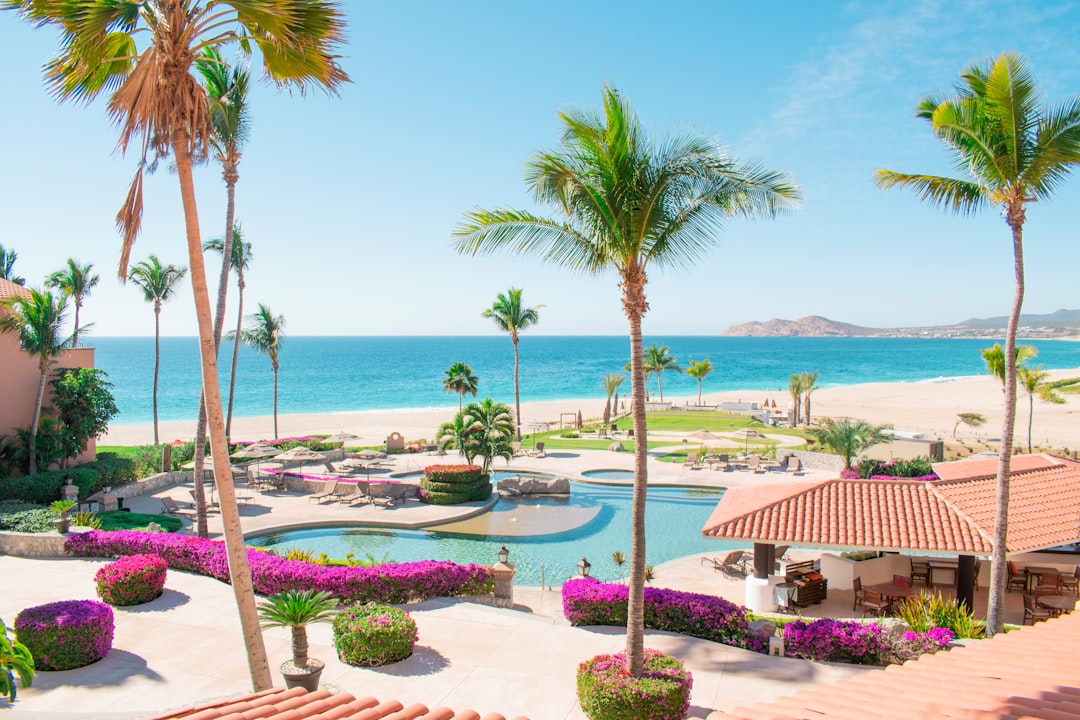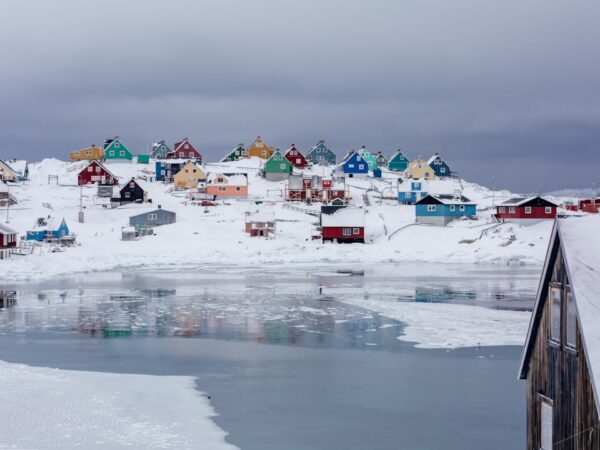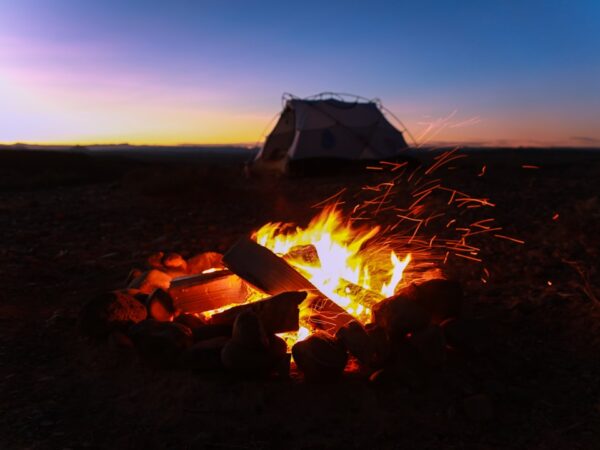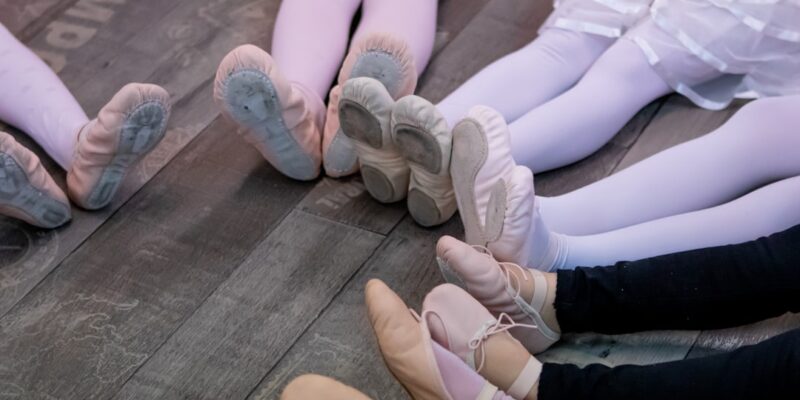
Bhutan’s Vibrant Cultural Festivals: A Celebration of Tradition
Bhutan, a small landlocked country nestled in the Eastern Himalayas, is known for its vibrant cultural festivals. These festivals, also known as tshechus, are an integral part of Bhutanese culture and hold great significance for the people of this nation. Bhutanese festivals are a celebration of their rich traditions, customs, and religious beliefs. They provide a platform for the Bhutanese people to come together, showcase their cultural heritage, and pay homage to their deities.
Key Takeaways
- Bhutan’s cultural festivals are vibrant and colorful celebrations that showcase the country’s rich traditions and customs.
- Tradition plays a crucial role in Bhutanese culture, and festivals are an important way to preserve and promote these traditions.
- Festivals are a significant part of Bhutanese society, bringing people together to celebrate and honor their heritage.
- Some of the most popular festivals in Bhutan include the Paro Tsechu, Thimphu Tshechu, and Punakha Drubchen.
- Mask dances are a central feature of Bhutanese festivals, representing various deities and historical figures.
The Importance of Tradition in Bhutanese Culture
Bhutanese culture is deeply rooted in tradition and customs that have been passed down through generations. The Bhutanese people take immense pride in their cultural heritage and make conscious efforts to preserve and promote it. Festivals play a crucial role in this preservation process. They serve as a means to pass on traditional knowledge, values, and beliefs from one generation to another.
The festivals provide an opportunity for the Bhutanese people to reconnect with their roots and strengthen their sense of identity. They are a reminder of the rich history and traditions that have shaped the Bhutanese way of life. By participating in these festivals, the Bhutanese people not only honor their ancestors but also ensure that their cultural heritage continues to thrive.
The Role of Festivals in Bhutanese Society
Festivals play a significant role in bringing communities together in Bhutan. They serve as a platform for social interaction and foster a sense of unity among the people. During these festivals, people from different villages and regions come together to celebrate, exchange stories, and strengthen their bonds.
The festivals also hold great religious significance for the Bhutanese people. They are an opportunity for them to express their devotion and seek blessings from the deities. The religious ceremonies and rituals performed during these festivals are believed to bring good fortune, prosperity, and protection to the community.
The Most Popular Festivals in Bhutan
| Festival Name | Location | Date | Duration | Significance |
|---|---|---|---|---|
| Paro Tsechu | Paro | 10th day of the second lunar month | 4 days | Commemorates the birth of Guru Rinpoche |
| Thimphu Tshechu | Thimphu | 10th day of the eighth lunar month | 3 days | Commemorates the birth of Guru Rinpoche |
| Jambay Lhakhang Drup | Bumthang | 10th day of the tenth lunar month | 5 days | Commemorates the establishment of Jambay Lhakhang temple |
| Punakha Drubchen | Punakha | 8th-10th day of the second lunar month | 3 days | Commemorates the victory over Tibetan invaders |
| Haa Summer Festival | Haa | 2nd-3rd day of the fifth lunar month | 2 days | Celebrates the culture and traditions of Haa valley |
Bhutan is home to a wide variety of festivals, each with its own unique traditions and customs. Some of the most popular festivals in Bhutan include the Paro Tshechu, Thimphu Tshechu, Punakha Drubchen, and Wangdue Phodrang Tshechu.
The Paro Tshechu, held in the spring season, is one of the most important festivals in Bhutan. It is a colorful event that showcases various mask dances and religious rituals. The Thimphu Tshechu, held in the capital city of Thimphu, is another major festival that attracts both locals and tourists. It features mask dances, traditional music performances, and other cultural activities.
The Punakha Drubchen and Wangdue Phodrang Tshechu are celebrated in the Punakha and Wangdue Phodrang districts respectively. These festivals are known for their unique mask dances and elaborate rituals.
The Significance of the Mask Dances in Bhutanese Festivals
One of the highlights of Bhutanese festivals is the mask dances, also known as cham dances. These dances are performed by trained monks and laymen wearing elaborate costumes and masks. The mask dances are believed to have originated from ancient Buddhist teachings and are performed to ward off evil spirits and bring blessings to the community.
Each mask dance has its own significance and symbolism. Some represent deities or historical figures from Bhutanese mythology, while others depict animals or demons. The dances are accompanied by traditional music and chanting, creating a mesmerizing spectacle for the spectators.
The Rituals and Customs Associated with Bhutanese Festivals
Bhutanese festivals are characterized by a range of rituals and customs that are performed with great devotion and precision. These rituals often involve offerings of food, drink, and other symbolic items to the deities. They are believed to purify the surroundings, appease the spirits, and bring good fortune to the community.
One of the most important rituals is the unfurling of the thongdrel, a large religious banner. The thongdrel is considered sacred and is believed to bestow blessings upon those who view it. Another significant ritual is the fire ceremony, where offerings are made to the fire as a symbol of purification and transformation.
The Food and Drink Traditions of Bhutanese Festivals
Food and drink play an important role in Bhutanese festivals. Traditional Bhutanese cuisine is known for its unique flavors and use of local ingredients. During festivals, special dishes are prepared and shared among the community as a symbol of abundance and prosperity.
One popular festival dish is called “ema datshi,” which is made from chili peppers and cheese. It is a spicy and flavorful dish that is often served with rice or traditional bread. Another festival favorite is “suja,” a butter tea that is served hot and is believed to have medicinal properties.
The Role of Music and Dance in Bhutanese Festivals
Music and dance are integral parts of Bhutanese festivals. Traditional Bhutanese music is characterized by its use of various instruments such as drums, cymbals, flutes, and stringed instruments. The music sets the rhythm for the mask dances and creates an enchanting atmosphere during the festivals.
The dances themselves are a visual spectacle, with performers dressed in vibrant costumes and masks. The movements are graceful and synchronized, depicting various characters from Bhutanese mythology. The combination of music and dance creates a captivating experience for both participants and spectators alike.
The Festivals as a Tourist Attraction in Bhutan
Bhutan’s festivals have gained international recognition and have become a major tourist attraction. Every year, thousands of tourists from around the world visit Bhutan to witness these vibrant cultural celebrations. The festivals provide a unique opportunity for tourists to immerse themselves in Bhutanese culture, witness traditional rituals, and experience the warmth and hospitality of the Bhutanese people.
The impact of tourism on Bhutanese festivals has been both positive and negative. On one hand, tourism has helped to promote and preserve Bhutanese culture by providing financial support for the festivals. On the other hand, the influx of tourists has also led to concerns about the commercialization and dilution of these sacred traditions.
The Future of Bhutanese Festivals in a Changing World
In a rapidly changing world, the preservation of Bhutanese festivals and traditions becomes even more crucial. As Bhutan continues to modernize and open up to the outside world, there is a need to strike a balance between preserving cultural heritage and embracing new influences.
Efforts are being made to ensure that Bhutanese festivals continue to thrive in the future. The government of Bhutan has implemented policies to safeguard cultural traditions and promote sustainable tourism. Local communities are also actively involved in preserving their cultural heritage and passing it on to future generations.
Bhutanese festivals are not just colorful spectacles; they are a reflection of the rich cultural heritage and traditions that define this unique nation. These festivals play a vital role in preserving Bhutanese culture, bringing communities together, and fostering a sense of identity among the people. They are an opportunity for both locals and tourists to experience the vibrant traditions, rituals, music, dance, and food that make Bhutan so special.
If you ever have the chance to visit Bhutan, I highly encourage you to experience a festival firsthand. Immerse yourself in the vibrant atmosphere, witness the mask dances, taste the delicious food, and feel the sense of unity that these festivals bring. It is an experience that will stay with you for a lifetime and give you a deeper appreciation for the rich cultural heritage of Bhutan.
FAQs
What are cultural festivals in Bhutan?
Cultural festivals in Bhutan are annual events that celebrate the country’s rich cultural heritage and traditions. These festivals are also known as Tshechus and are held in various parts of the country.
When are cultural festivals held in Bhutan?
Cultural festivals in Bhutan are held throughout the year, with each festival taking place on specific dates according to the lunar calendar. The most popular festivals are held in the spring and fall seasons.
What happens during cultural festivals in Bhutan?
During cultural festivals in Bhutan, locals and tourists gather to witness traditional dances, music performances, and religious ceremonies. The festivals also feature colorful costumes, masks, and other traditional attire.
Where are cultural festivals held in Bhutan?
Cultural festivals in Bhutan are held in various parts of the country, with each festival taking place in a specific location. Some of the most popular festivals are held in Paro, Thimphu, and Bumthang.
What is the significance of cultural festivals in Bhutan?
Cultural festivals in Bhutan are significant because they celebrate the country’s rich cultural heritage and traditions. They also provide an opportunity for locals and tourists to come together and experience the unique culture of Bhutan.
How can I participate in cultural festivals in Bhutan?
To participate in cultural festivals in Bhutan, you can book a tour with a local travel agency. The tour will include visits to various festival locations and provide opportunities to witness traditional dances, music performances, and religious ceremonies.


